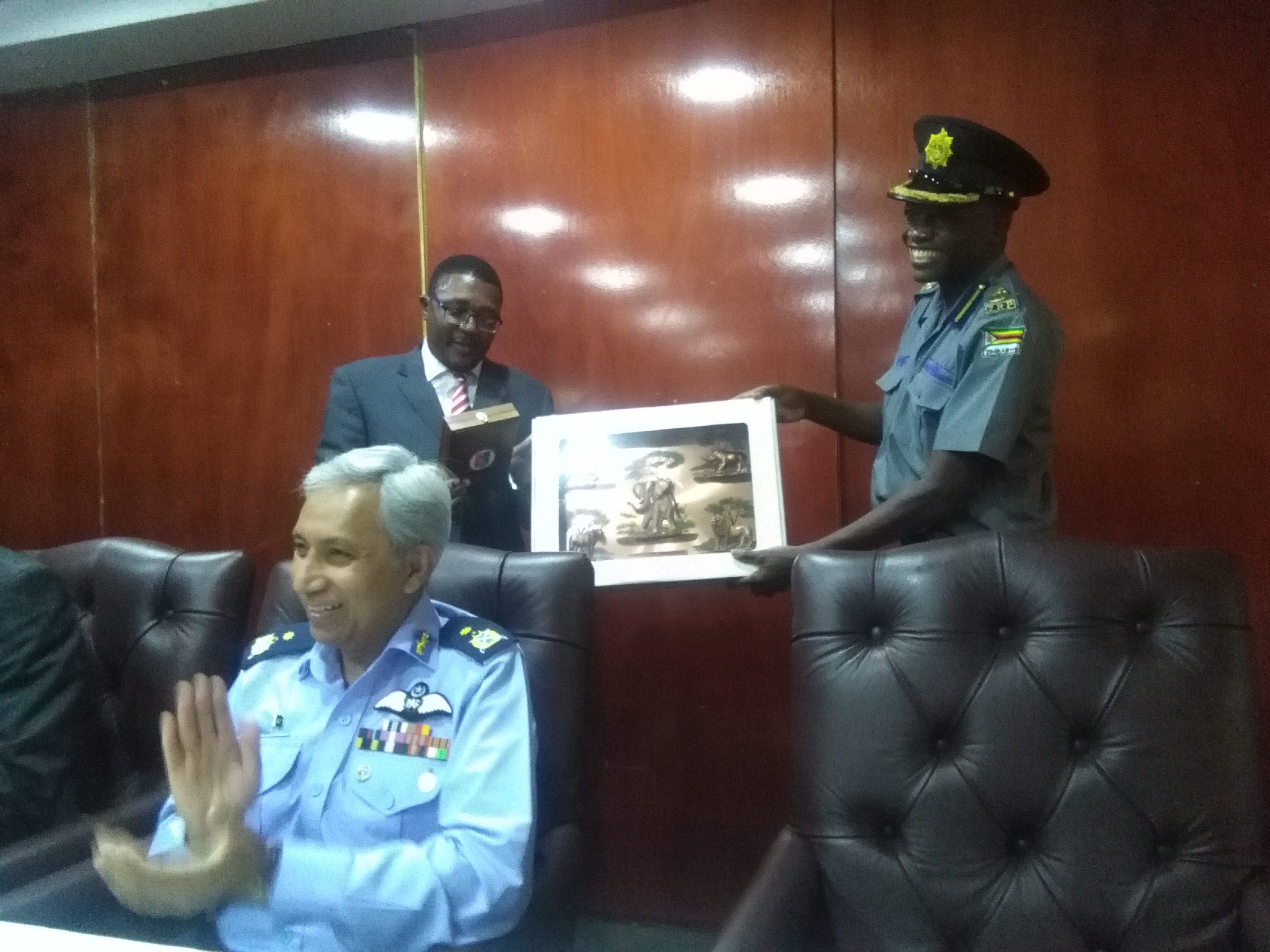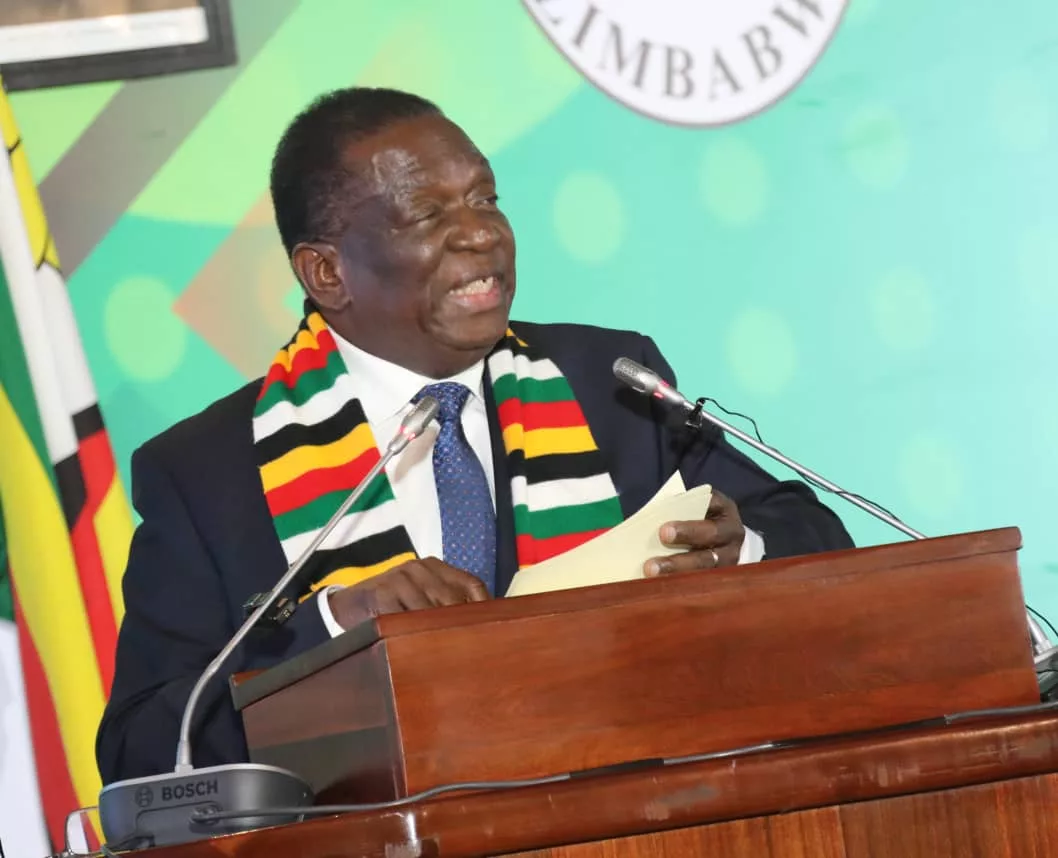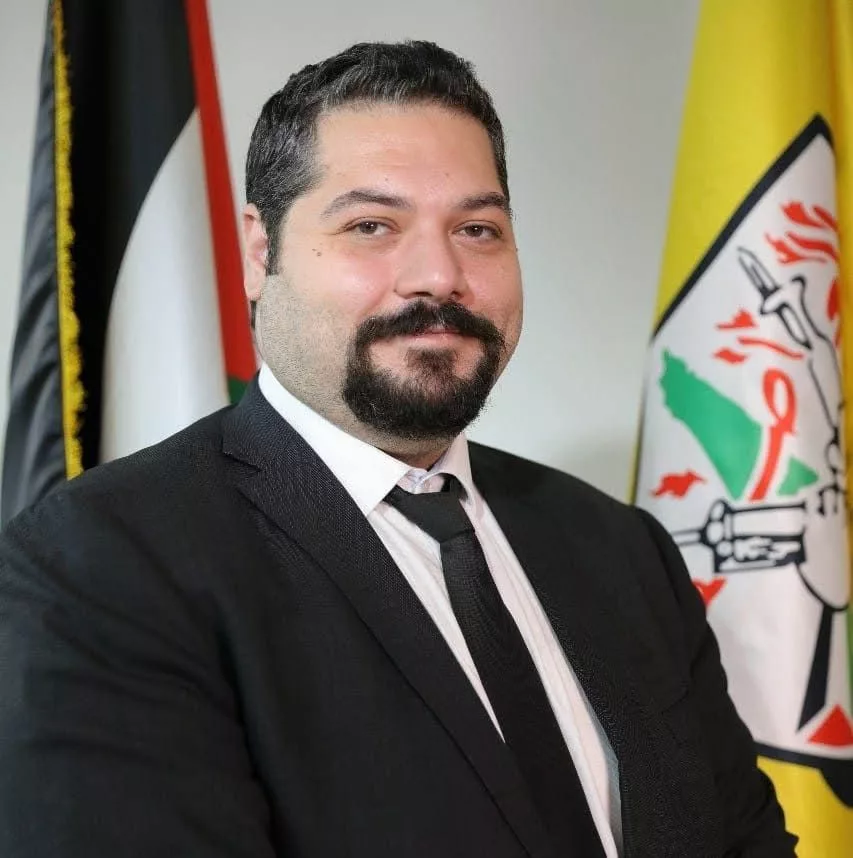By Byron Mutingwende
An environment conducive for peace and security is the cornerstone of tourism development, a Cabinet minister has said. In his address to on the occasion of the study visit by officers from the National Defence University in Harare on 9 October 2017, Walter Mzembi, the minister of tourism and hospitality industry said the sector thrives if law enforcement agencies and policy makers all appreciate and understand the needs of tourists and the tourism industry.
“It is worth noting that as a country, Zimbabwe has an impeccable tourist safety record spanning over 30 years and as a destination it has withstood the negative perceptions that followed the implementation of the land reform program from its source markets. Cognisant of the above the Ministry has pursued a collaborative approach to Tourism Development working with the security sector who take a leading role on issues pertaining to security.
“We have also sought to ensure the security sector understands our vision as far as ensuring policing for example along our highways does not yield the unintended consequences of hampering travel and tourism,” Mzembi said.
In pursuit of promoting security, the Zimbabwe Republic Police has also initiated tourism-oriented policing services with the Tourism Police Unit being established in 2004 as a community policing initiative to proactively deal with crimes perpetrated against tourists. The Unit was first launched in Victoria Falls as a pilot project but it has since cascaded to other tourist resort centres like the Great Zimbabwe Monuments, Chinhoyi Caves and Kariba Dam.
Tourism Police officers are also found in all the country’s entry and exit points and identifiable through their reflective vests inscribed ZRP Tourism Police Unit. Dialogue between the Tourism policy makers and private sector players and the security ministries, is thus crucial to ensure such initiatives are consolidated which ensure the success of tourism.
Mzembi gave a case study of how Egypt had lost considerably in terms of revenue from tourism when its security levels had plummeted.
“In Egypt the tourism industry as a cornerstone of the economy and critical source of hard currency, has been struggling to rebound after the political and economic upheaval triggered by the 2011 uprisings. A series of high-profile airline disasters, beginning with the downing of the Metrojet 7K9268 IN Sharm el-Sheikh in October 2015 have also been contributory factors.
“At its peak in 2010 the sector employed about 12% of Egypt’s workforce serving approximately 14.7 million visitors providing revenues of nearly $12.5 billion, contributing more than 11% to GDP and 14.4% of foreign currency revenues. Since then the number of tourists have significantly declined (down to 9.5 million in 2013) and revenue down to $5.9 billion due to security threats and civil unrest. Although the industry saw signs of recovery in 2012 and 2014, another uprising in 2013 wiped out any gains for those years,” Mzembi said.
In Zimbabwe, the Department of Immigration Control is responsible for facilitation of movement of people in terms of entry and exit at the 28 border posts countrywide including road and rail controls, city and town offices as well as airports and some informal crossing points.
“The desire for tourism is to see an open boarder and an Open Sky Policy (Isaiah 60vs 11). In Rwanda, abolition of visa requirements for fellow members of THE East African Commission (EAC) in 2011 helped increase intraregional tourists from 283,000 in 2010, to 478,000 in 2013. A review of the Visa Regime has been implemented over the last few years and we continue to input into that process. However, for a country under recovery, the Reciprocal Visa Policy may not always work.
“The univisa arrangement between Zimbabwe and Zambia is a welcome initiative that needs support to be able to be rolled out to all SADC Countries. It’s a call for greater cooperation of security across borders and for more investment in advanced security technology.”
Zimbabwe is among those countries in Africa scaling up efforts to ensure the steady and consistent income from tourism. The sector is an acknowledged economic pillar under the Zimbabwe Agenda for Sustainable Socio Economic Transformation (ZIMASSET) economic blue print alongside Agriculture, Mining and Manufacturing.
Tourist arrivals into Zimbabwe rose from 1.7 million in 2012 to 2.1 million in 2016. The growth in tourism revenue has been phenomenal rising from $200 million in 2009 to nearly a billion dollars in 2017. Tourism has enduring capacity to support and grow the Zimbabwean economy. The sector employs 300 000 people directly and indirectly. The Growth and Recovery Strategies that the Ministry of Tourism and Hospitality Industry has adopted have underpinned this growth.
Mzembi cited a number of factors as threats to peace and security. These include the failure of national, regional and global governance structures; unemployment or under-employment; profound social instability; large-scale involuntary migration; terrorist attacks; and food and water crises.






